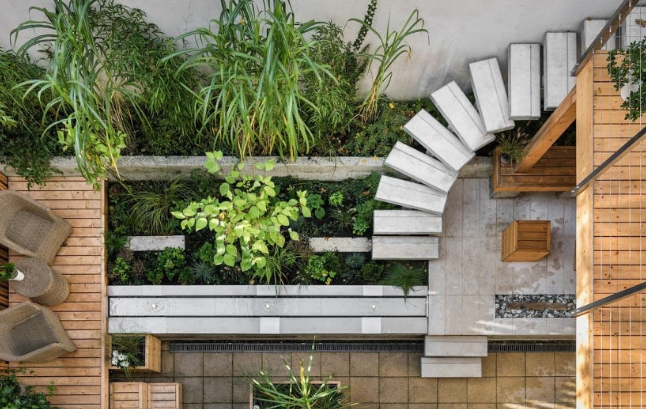Exploring Landscape Architecture in Cape Cod
Cape Cod’s picturesque scenery, with its coastal views and charming towns, makes it a unique canvas for landscape architecture. This blend of natural beauty and human design not only enhances the environment but also contributes to the overall charm and functionality of the area. In this article, we’ll delve into the essential elements of landscape architecture in Cape Cod, highlighting its significance and the role of professionals in shaping this beautiful region.
Understanding the Role of Landscape Architects
Landscape architects are vital in planning and designing outdoor spaces that harmonize with the environment. In Cape Cod, they often focus on preserving the region’s unique ecosystems, integrating native plant species to promote biodiversity. Furthermore, these professionals assess the local climate and soil conditions to ensure that the designs thrive and remain sustainable over time. Their expertise is crucial not just for aesthetics but also for enhancing the ecological health of the area, creating landscapes that endure and evolve with the changing seasons.
Design Trends and Influences
The design trends seen in Cape Cod mirror the region’s rich history and natural beauty. Traditional New England aesthetics often inspire contemporary designs, emphasizing simplicity, functionality, and natural materials. Thoughtful landscaping in homes and public spaces frequently incorporates elements like stone walls, native gardens, and outdoor seating areas that encourage community interaction. Additionally, sustainable practices are gaining ground, with an increasing number of landscape architects employing techniques like rain gardens and permeable pavements. These trends not only beautify the environment but also address contemporary challenges such as stormwater management and climate change.
Collaborative Projects and Community Impact
Landscape architecture in Cape Cod goes beyond private residences; it encompasses community spaces and public projects that foster connection and enjoyment. Collaborations with local governments and community organizations result in parks, trails, and waterfront enhancements that benefit residents and visitors alike. Such projects create spaces for recreation, education, and engagement with nature, contributing to the community’s overall quality of life. As Cape Cod continues to evolve, landscape architects play a crucial role in ensuring that developments respect the historical and environmental context while meeting the needs of the population.
Conclusion
Cape Cod’s landscape architecture is a beautiful tapestry woven from environmental awareness, historical appreciation, and community collaboration. As this region continues to grow, the work of landscape architects will be vital in preserving its charm while embracing innovative ideas. Whether you’re a homeowner, a business owner, or simply someone who loves the outdoors, consider exploring how landscape architecture can enrich your environment. Dive deeper into this fascinating field and discover the possibilities it holds for enhancing our cherished Cape Cod landscape!

